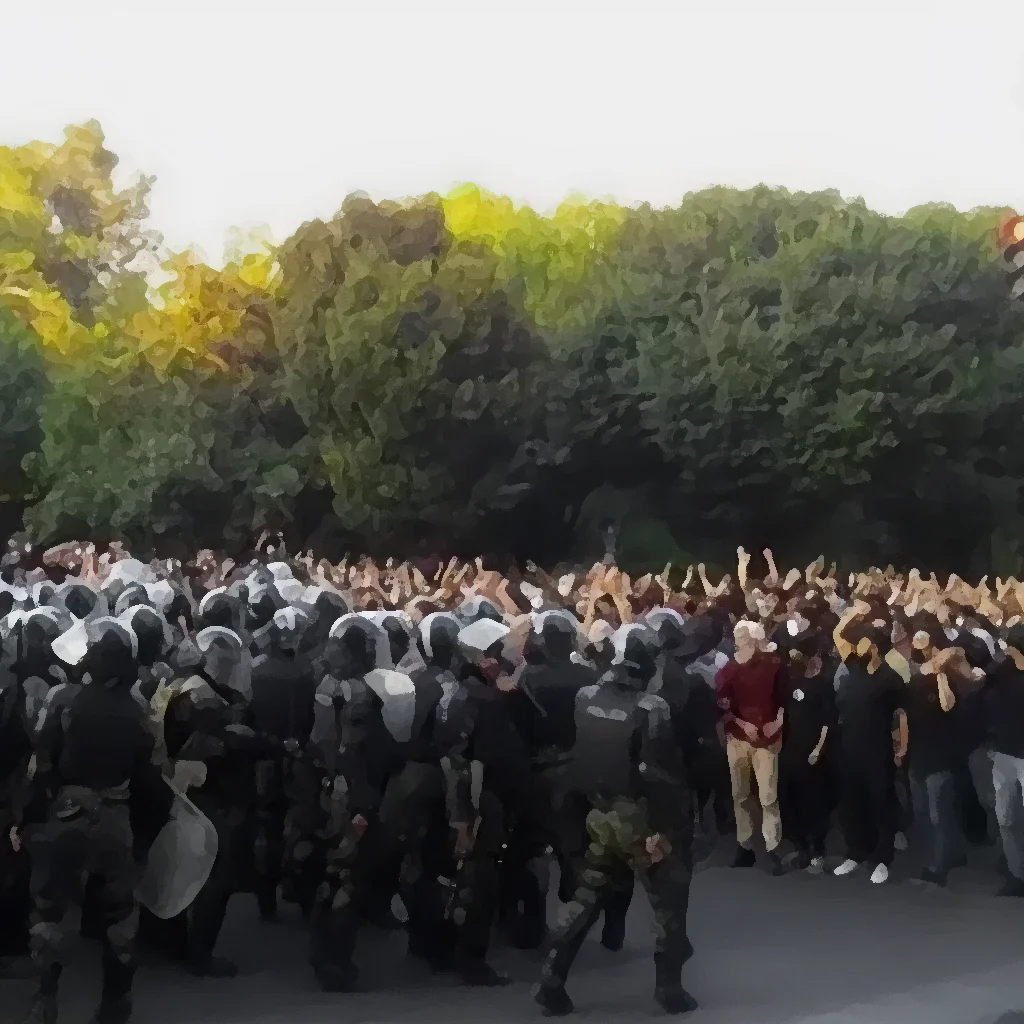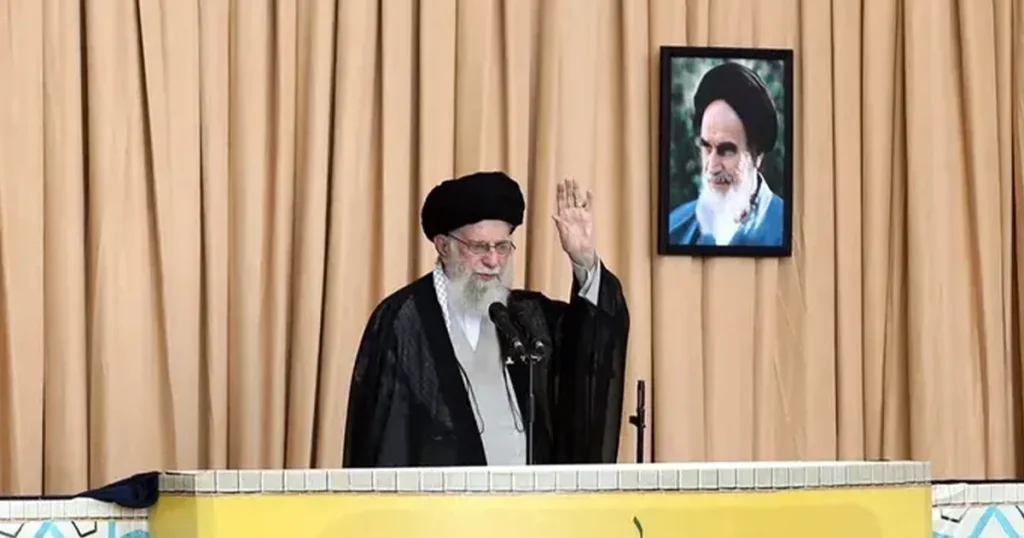Unmasking business dealings with #Irgcterrorists
The IRGC (Islamic Revolutionary Guard Corps), wields control over 70% of Iran's economy, actively promotes terrorism, destabilize peace and security, and serves as the Islamic Republic's iron fist repressing the Iranian people.
designated terrorist organisation in the US
Shedding light on IRGC business partners
Accountability initiative
Accountability
Withdrawn
Under Assessment
Reported Involvement
Withdrawn
Under Assessment
Reported Involvement
Doing Business with the Islamic Republic?
You Need to STOP Now!
Don't Be a Malign Player - End IRGC Ties
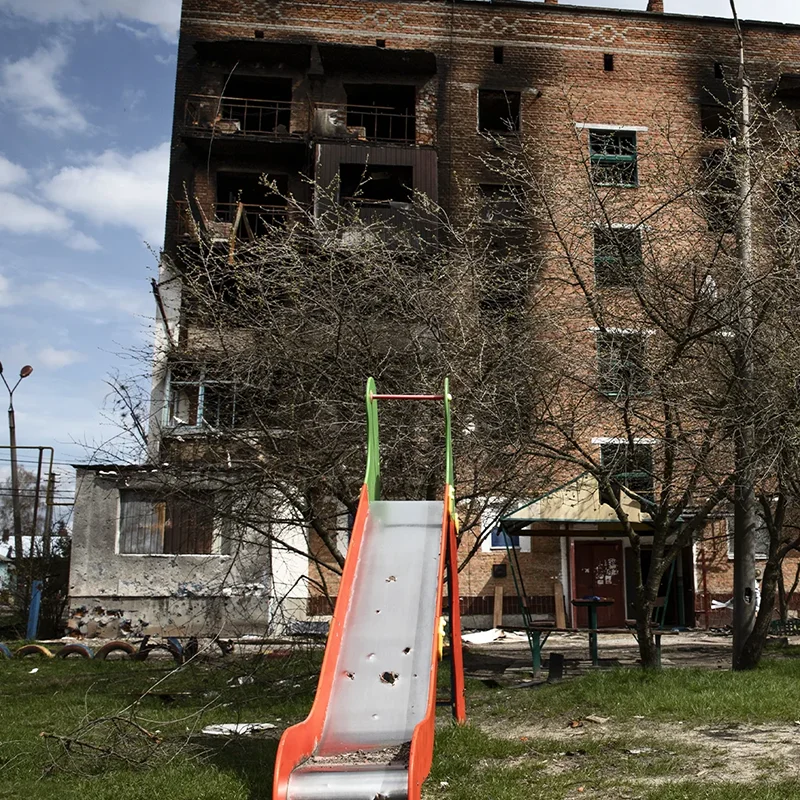
Russia's Aggression in Ukraine
The Islamic Republic has supplied suicide drones to Russia, which are being used to target civilian infrastructure in Ukraine. This involvement not only intensifies the conflict but also raises serious questions about violations of international humanitarian law.
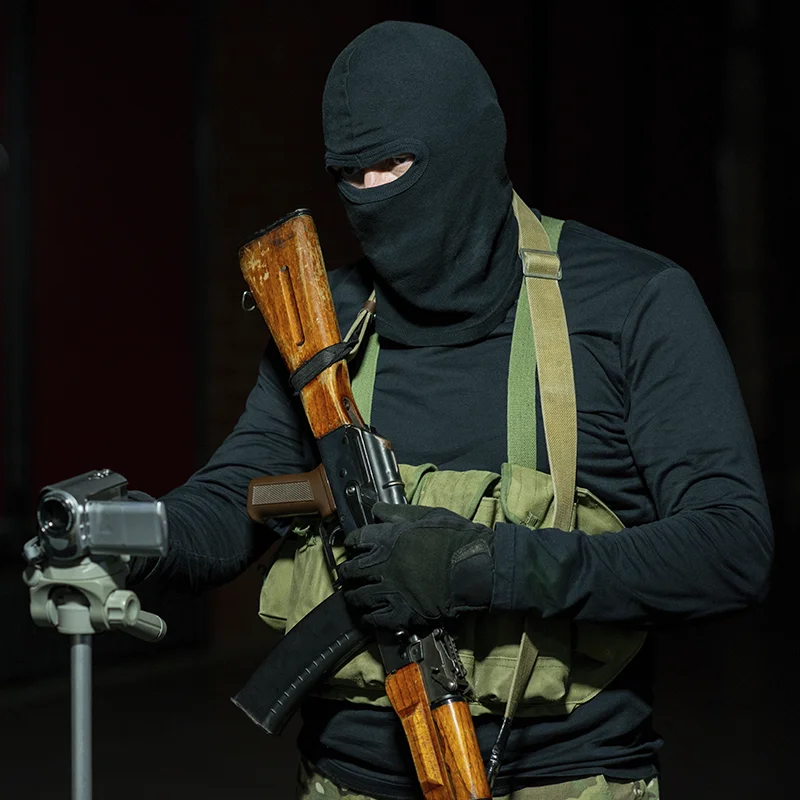
Global Terrorism
The IRGC funds, trains, and arms internationally designated terrorist organizations like Hamas and Hezbollah. Additionally, they directly engage in assassination plots on foreign soil, highlighting their pivotal role in global security threats.
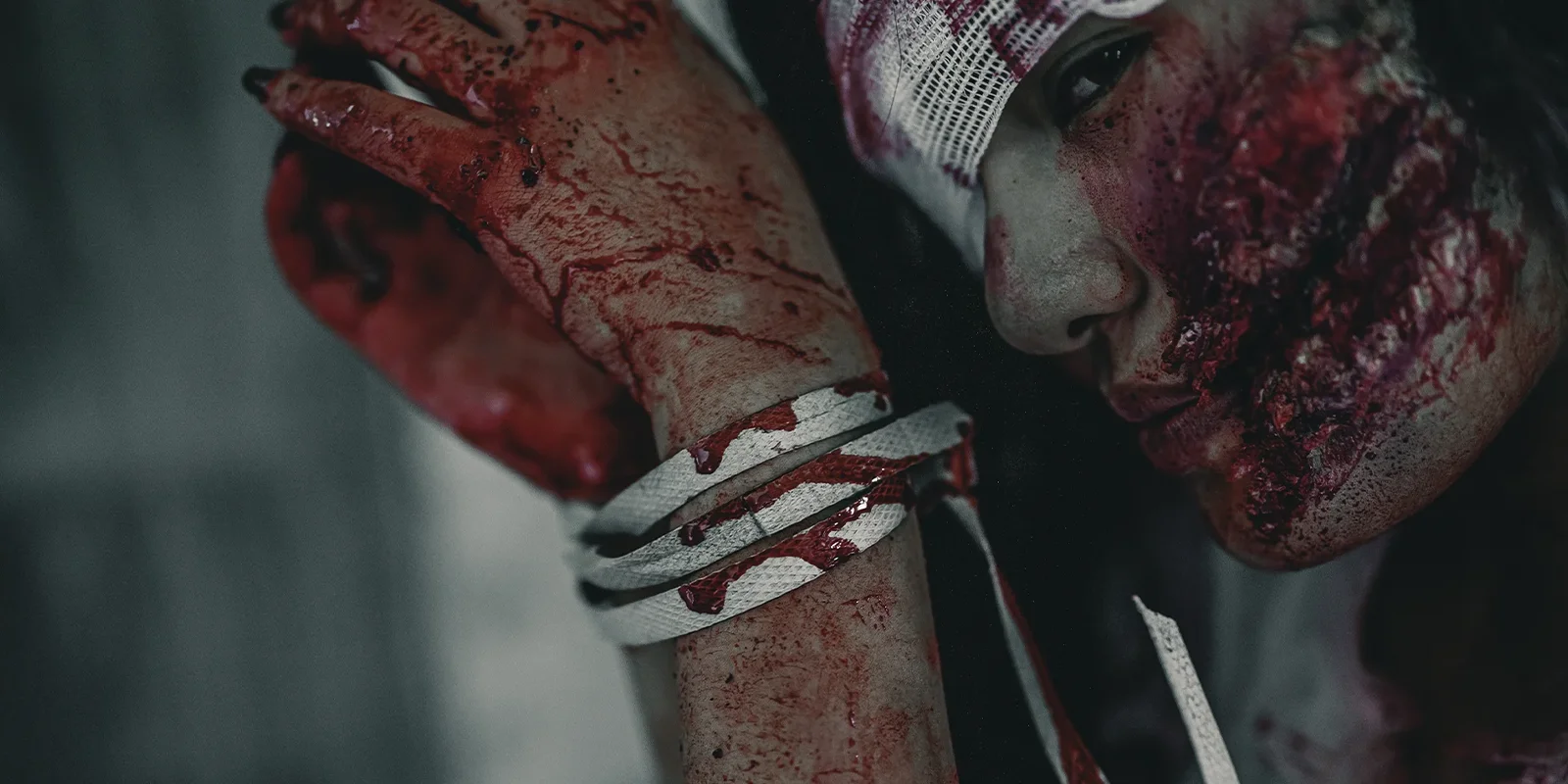
Torture
The IRGC employs torture as a method of extracting information, intimidating dissidents, and suppressing opposition. These practices include physical assault, psychological torment, and prolonged detention under harsh conditions. The systematic use of torture by the IRGC is intended to instill fear and maintain control, often targeting political activists, journalists, and anyone perceived as a threat to the regime’s authority.

Abductions
The IRGC is actively involved in the abduction of Iranians within Iran, as well as foreign nationals. These operations extend beyond Iran’s borders, with abductees often brought back to Iran, where they face imprisonment and, in some cases, execution.
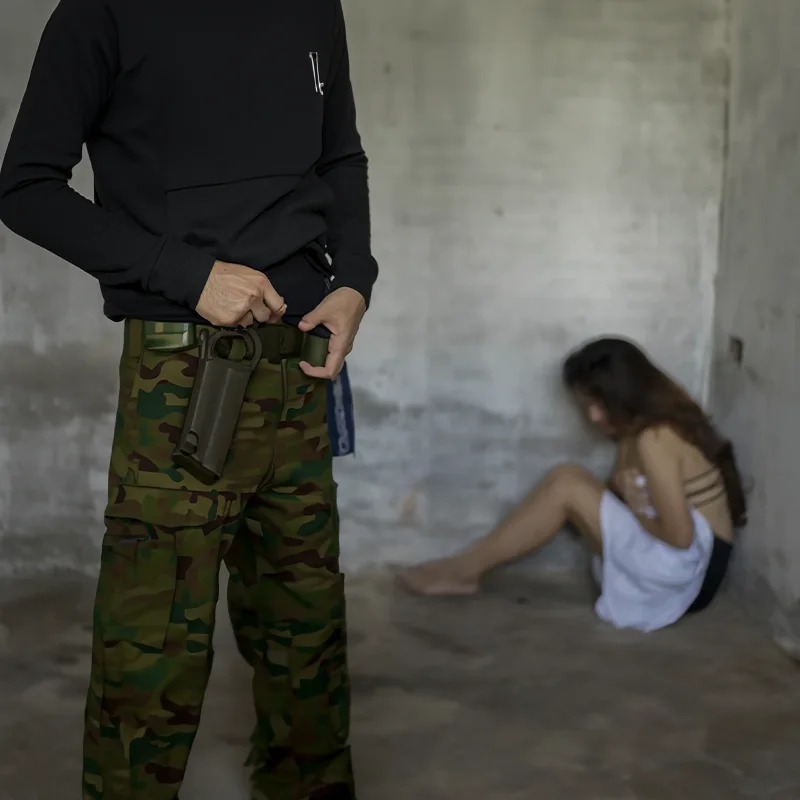
Sexual Assault
In the prisons controlled by the IRGC, sexual assault is used as a weapon to degrade, punish, and control detainees. This brutal practice targets both men and women, aiming to break their will and silence dissent. It’s a grievous violation of human rights, reflecting the extreme measures the IRGC employs to instill fear and suppress opposition within the Islamic Republic.

Murder and Executions
The IRGC is implicated in the murder and execution of dissidents and protesters, using methods such as beatings to death, shootings in public, and formal executions. These brutal tactics are employed to eliminate opposition and enforce obedience, illustrating the regime’s use of extreme violence to maintain control. Each act of murder or execution serves as a stark warning to those who might challenge the authority of the Islamic Republic.
IRGC designated as a terrorist organization in the US and designated as a terrorist organization by the European Union (EU) under its ballistic missiles and weapons of mass destruction program. This designation is part of the EU's sanctions regime, targeting entities involved in Iran's ballistic missile program and activities related to the proliferation of weapons of mass destruction.
Read moreBreaking Financial Chains with the IRGC
Businesses and the IRGC: A Status Overview
Enerpac Tool Group
Withdrawn
Planet in Green
Under Assessment
Airex AG
Reported Involvement
Voices for Change: Insights & Updates
Iran Explored: Politics, Business, and People
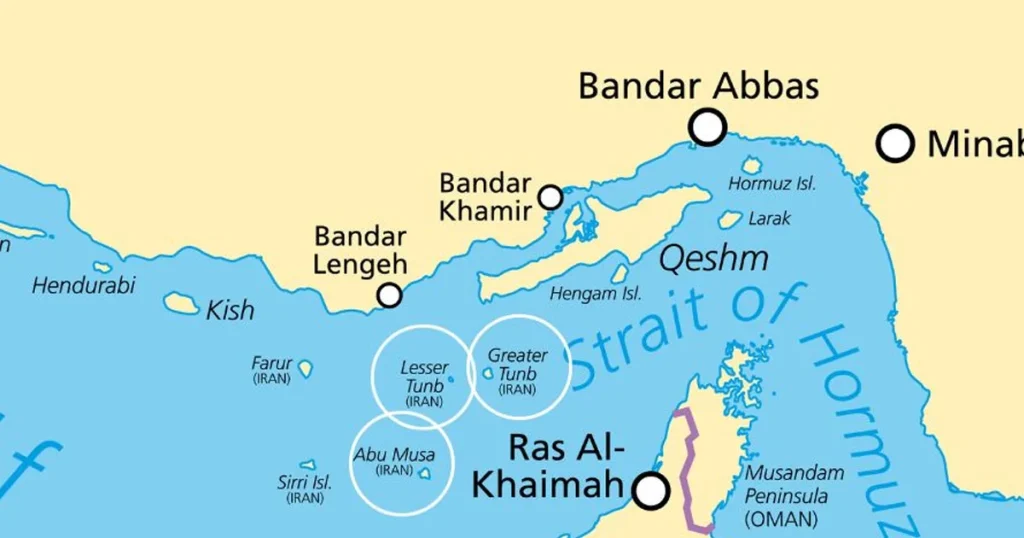
The EU’s Dangerous Game: Backing UAE Claims and Undermining Iran’s Territorial Integrity
// Insights
Frequently Asked Questions
Who are the IRGC?
The Islamic Revolutionary Guard Corps (IRGC) is an influential organization in Iran, established in the aftermath of the 1979 Iranian Revolution. Notice the word Iran is not mentioned in their name!
Key aspects include:
Foundation and Purpose: The IRGC was formed by Ayatollah Khomeini in 1979 with the primary mission of preserving the Islamic Republic system and spreading its revolutionary ideals.
Independent Entity: It operates independently from Iran’s regular armed forces and has a distinct command structure directly under the Supreme Leader of The Islamic Republic.
Quds Force: A notable branch is the Quds Force, which handles extraterritorial operations.
U.S. Designation: In 2019, the U.S. designated the IRGC as a foreign terrorist organization, highlighting its involvement in various controversial activities.
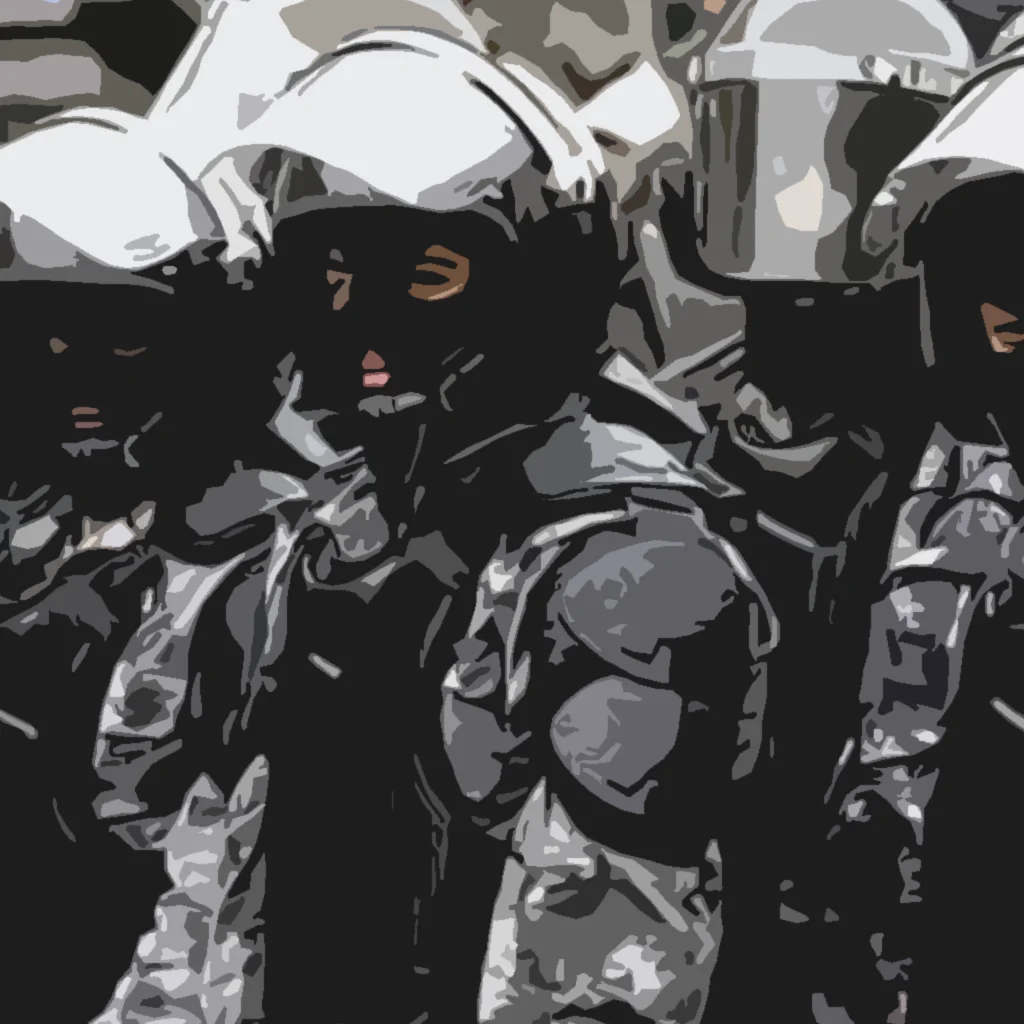
What are som of the IRGC's activities?
The Islamic Revolutionary Guard Corps (IRGC) is involved in various significant activities within and outside of Iran:
Economic Dominance: The IRGC heavily controls Iran’s economy, controlling all aspects of business inside Iran.
Suppression and Human Rights Abuses: They are instrumental in the suppression of Iranians through crackdowns, kidnappings, disappearances, public shootings, imprisonment, torture, rape, and executions.
Fomenting Regional Instability: The IRGC supports militias and terrorist groups in the Middle East, providing them with financial, military, and intelligence assistance.
Radicalization Efforts: They engage in the radicalization of youth, not only within Iran but also abroad, especially in Western nations. This includes using Islamic centers and mosques and influencing universities by placing professors loyal to the regime in various academic institutions.
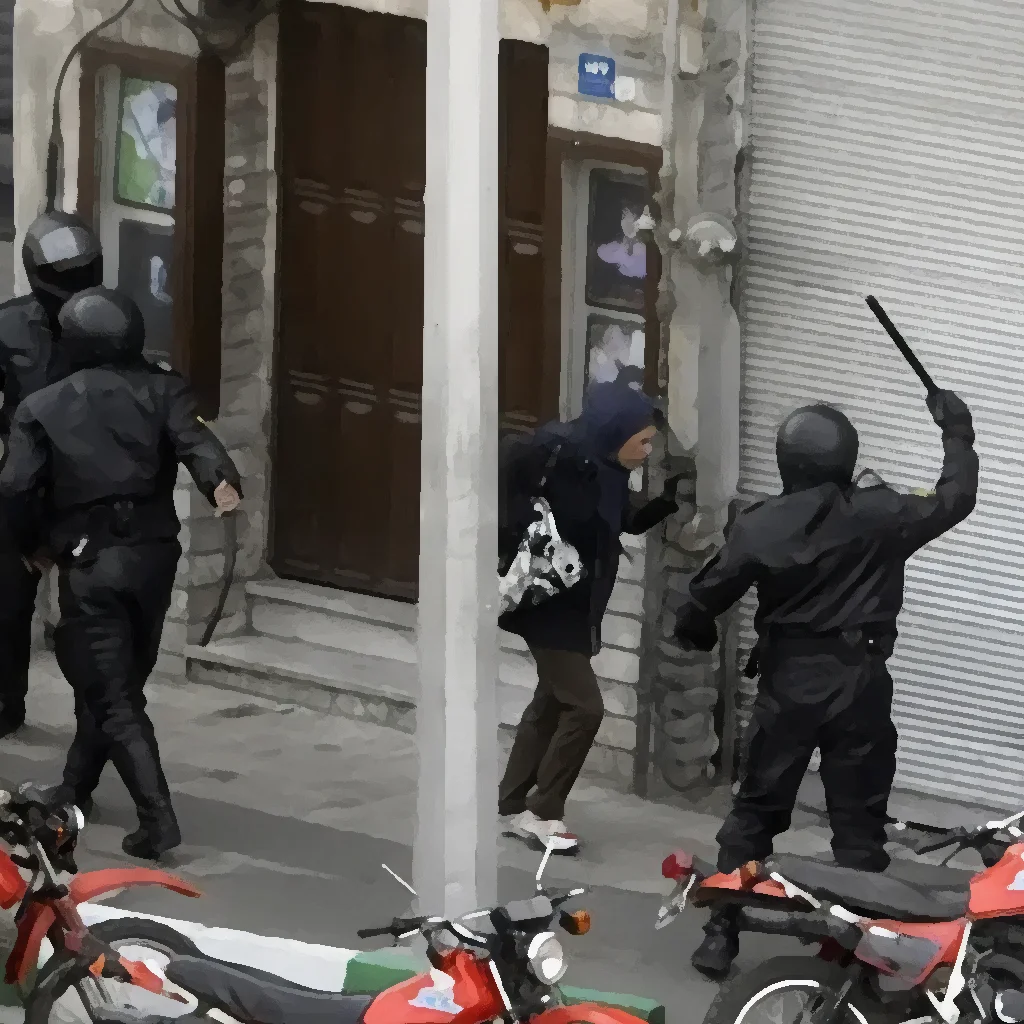
Is the IRGC a designated terrorist organization?
Yes, the Islamic Revolutionary Guard Corps (IRGC) is designated as a foreign terrorist organization by the United States. This designation was made in 2019. In addition to the U.S. designation:
European Union: The European Parliament has been pushing the European Council to proscribe the IRGC as a terrorist organization.
United Kingdom: In the UK, there has been pressure within the Parliament to have the government proscribe the IRGC as a terrorist organization.
Global Efforts: There is a worldwide initiative, particularly by the Iranian diaspora, advocating for the IRGC to be recognized as a terrorist organization in more countries.

Why Should You Stop Doing Business with the IRGC?
There are several compelling reasons to cease business dealings with the Islamic Revolutionary Guard Corps (IRGC):
Supporting Militaristic Activities: Dealing with the IRGC can inadvertently support their military activities. Sales to Iran might contribute to the production of military equipment, like suicide drones used in conflicts such as the Russia-Ukraine war, or rockets supplied to terrorist groups.
Aiding Terrorism: The IRGC has been linked to supporting various terrorist organizations. Business transactions with them could indirectly fund these activities, contributing to regional instability.
Facilitating Oppression: Technology or equipment provided to Iran could be used for internal surveillance, aiding the IRGC in suppressing the Iranian populace and violating human rights.
Legal Repercussions: Engaging with the IRGC can lead to legal and financial penalties, especially from countries that have sanctions against Iran or have designated the IRGC as a terrorist organization.
Reputation Risk: Companies that do business with the IRGC risk damaging their reputation, potentially leading to a loss of consumer trust and investor confidence.
In summary, doing business with the IRGC poses significant ethical, legal, and reputational risks, due to their involvement in militaristic, oppressive, and terrorist activities.
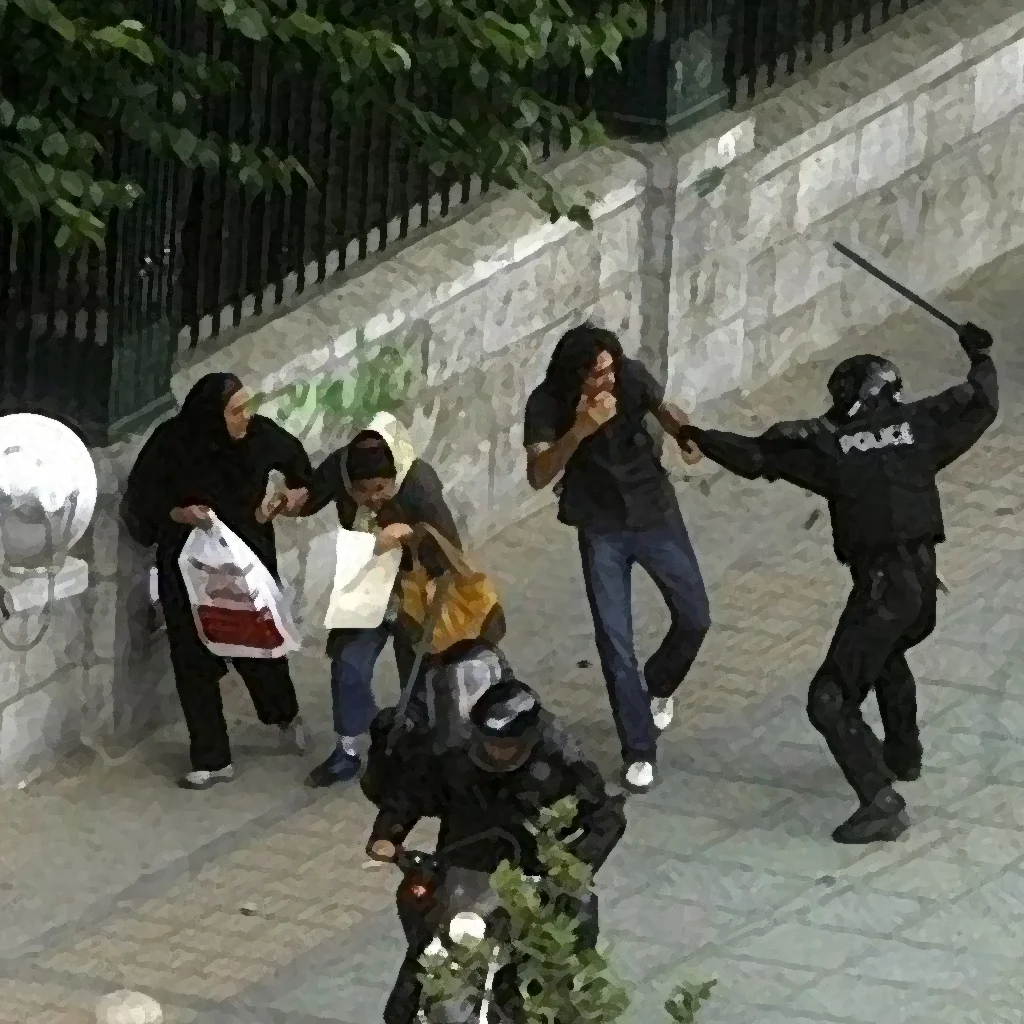
Is It Justifiable to Shame Entities Doing Business with the IRGC for Profit?
Yes, it is justifiable, and here’s why:
Ethical Responsibility: Profit-making in business is a standard goal, but it becomes problematic when profits are derived from deals linked to human rights abuses like torture, rape, and murder. Engaging in business with the IRGC, known for such activities, implicates a company in these ethical violations.
Complicity in Atrocities: By doing business with the IRGC, companies may become complicit in the atrocities they commit. This goes beyond just making a profit; it’s about understanding and being accountable for where the profit comes from and the impact it has.
Consumer and Investor Awareness: Shaming such entities is about raising awareness among consumers and investors. It encourages them to make informed decisions about where to spend their money or invest, based on ethical considerations.
Promoting Ethical Business Practices: Publicly highlighting these businesses serves as a deterrent and encourages other companies to prioritize ethical practices in their operations and business choices.
In summary, the issue is not about making a profit but about how the profit is made and its connection to unethical and inhumane activities. Holding entities accountable for their business choices, especially when they contribute to or support human rights violations and terrorism, is a necessary step in promoting global corporate responsibility.

Why Should You Care?
If the plight of the Iranian people under the IRGC’s oppression or the group’s support for terrorism doesn’t move you, consider the following from a profit-centric perspective:
Unrealized Market Potential: Envision Iran, free from the IRGC’s grip and international sanctions. A nation rich in resources and culture, it could emerge as a lucrative market. Imagine tapping into the vast potential of a hundred million people, a market ripe for growth and innovation.
Strategic Long-Term Gain: While short-term profits from dealings with the IRGC might seem appealing, they pale in comparison to the potential of a stable, thriving Iran. A liberated Iranian economy could offer far more sustainable and profitable opportunities.
Role in Geopolitical Change: Your business choices can contribute to significant geopolitical shifts. By withdrawing support from the IRGC, you expedite their decline, paving the way for an Iran that’s open to ethical and profitable global partnerships.
Caring about your business ties with the IRGC is not just an ethical stance; it’s a strategic business decision that aligns with a vision of global stability and prosperity.
